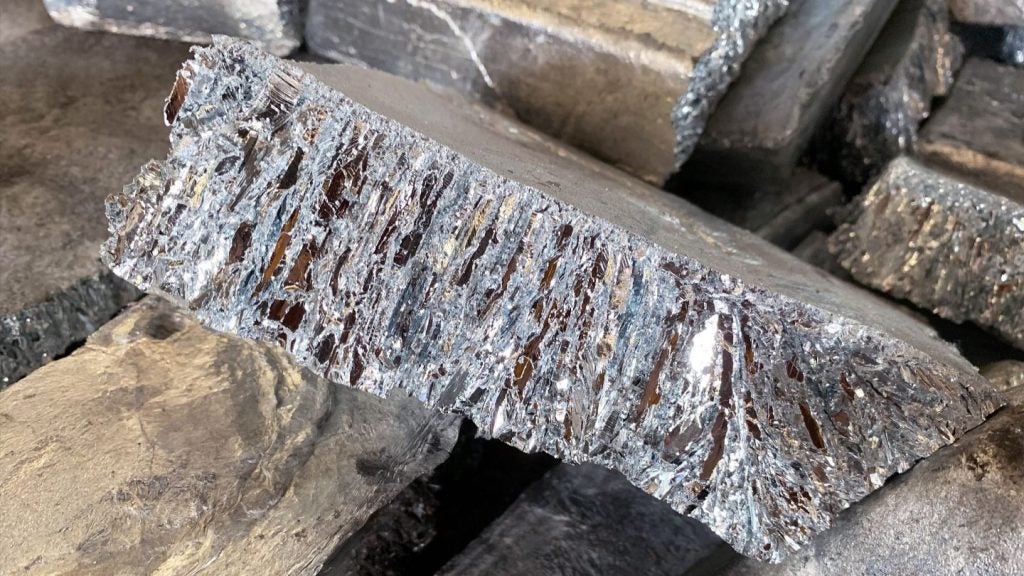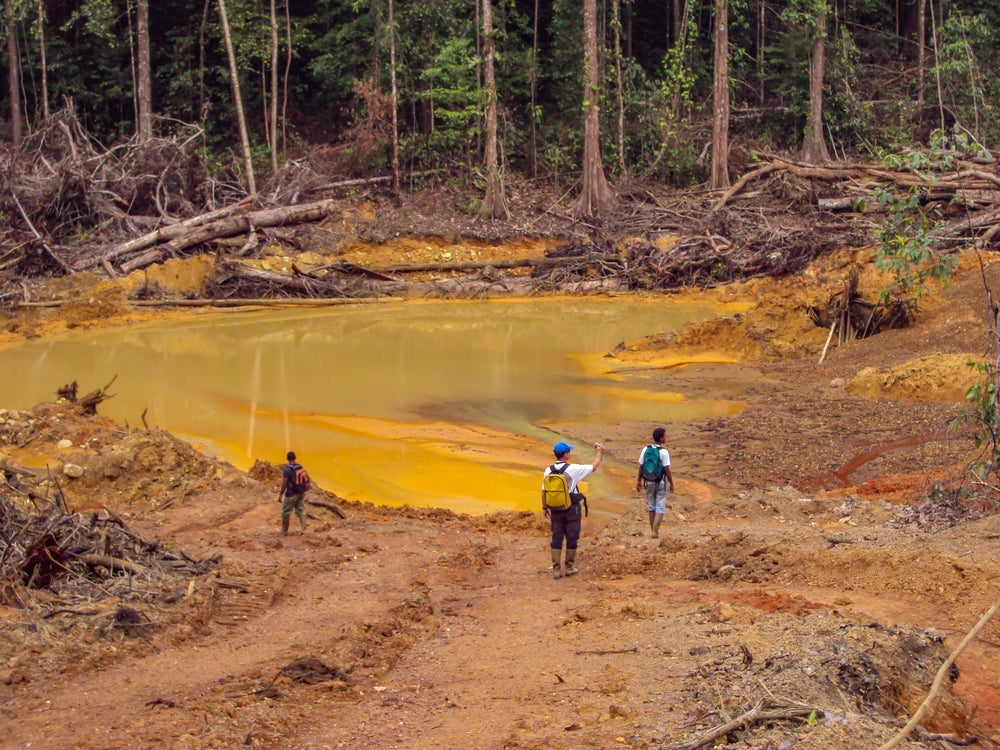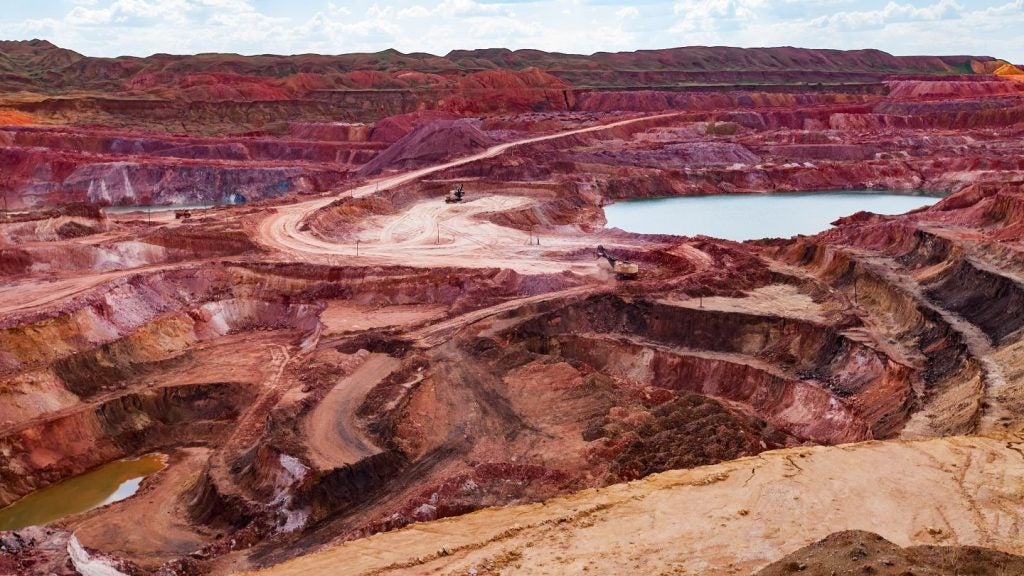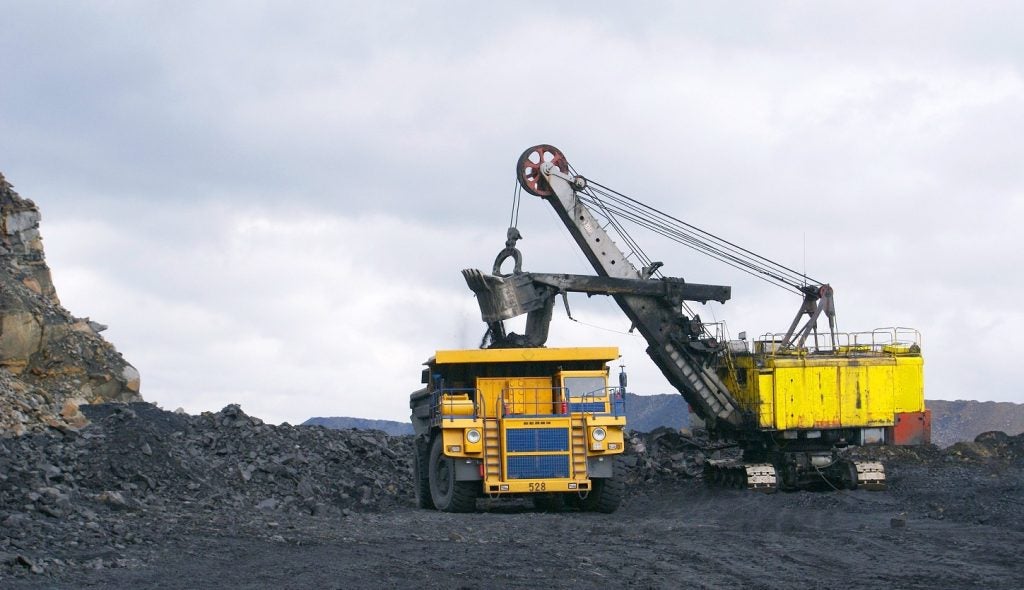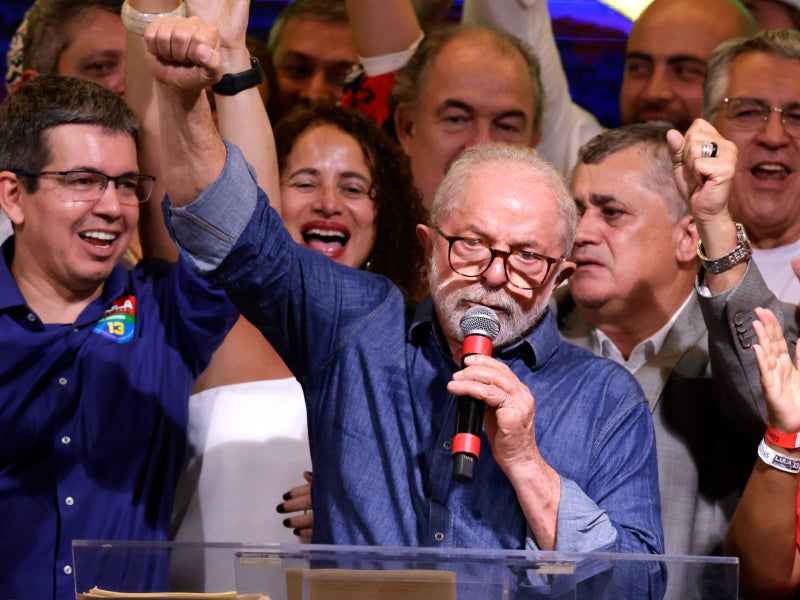
Luiz Inacio Lula da Silva defeated incumbent President Jair Bolsonaro in the second round of Brazilian elections on Sunday, pledging to update the “insufficient” climate plan.
Lula’s victory came with 50.9% of votes versus 49.1% for Bolsonaro in the two-choice runoff. In a speech, he invited international cooperation to preserve the Amazon rainforest from deforestation. This marks a significant deviation from Bolsonaro’s approach, which occasionally invited other countries to pay Brazil to protect its rainforest.
Petrobras, Brazil’s multinational petroleum corporation, will likely remain state-owned after Lula’s win, whereas Bolsonaro supported the firm’s privatisation. Lula disagreed with the strategy, despite having drawn billions in foreign investment since 2016.
According to Argus Media, Lula wants to change the company’s role in Brazil’s energy transition to focus on financing renewable energy sources. He said: “This is a victory for a huge democratic movement that was formed above political parties, personal interests, and ideologies so that democracy would be the winner.”
Under Bolsonaro’s presidential rule, Garimpeiro mining, also known as “wildcat” illegal gold mining, became a billion-dollar industry, accounting for a high percentage of Brazil’s total gold production. However, this presented a major environmental threat as Bolsonaro legalised mining on indigenous land, including the Amazon rainforest, in March 2022.
Brazil produced 47.9 tonnes of gold in 2021, but the legality of 54% of that production is disputed, according to think tank Instituto Escolhas. This represents a 25% increase over 2020, and the highest on record.
Lula pledged to end Bolsonaro’s “development at all costs” policies. According to The Guardian, deforestation has consistently increased since Bolsonaro took office, prompting prospectors to swarm the Amazon and exploit its natural resources.
In September 2015, Brazil submitted its initial nationally determined contribution (NDC) to carbon emission reduction. Since then, the government has updated it twice more, in 2020 and 2022. Both updates, made during Bolsonaro’s presidency, used “carbon trick maneuvers” to change the country’s climate goals, according to Observatório do Clima, Brazil’s Climate Observatory.
In 2020, Brazil committed to reducing emissions by 37% by 2025 and 43% by 2030 by changing the year used as a reference for calculations. This permitted more emissions than the previous version, violating the country’s commitments in the Paris Climate Agreement.
Brazil will soon update its NDC to the Paris Agreement again, according to Izabella Teixeira, a former environment minister of Brazil under Lula.
She said: “It is evident that Brazil’s numbers today are insufficient. These will be reviewed and Brazil’s NDC will once again become an instrument for the country’s credibility for Brazilians and the international community. Brazil needs a new NDC.”


